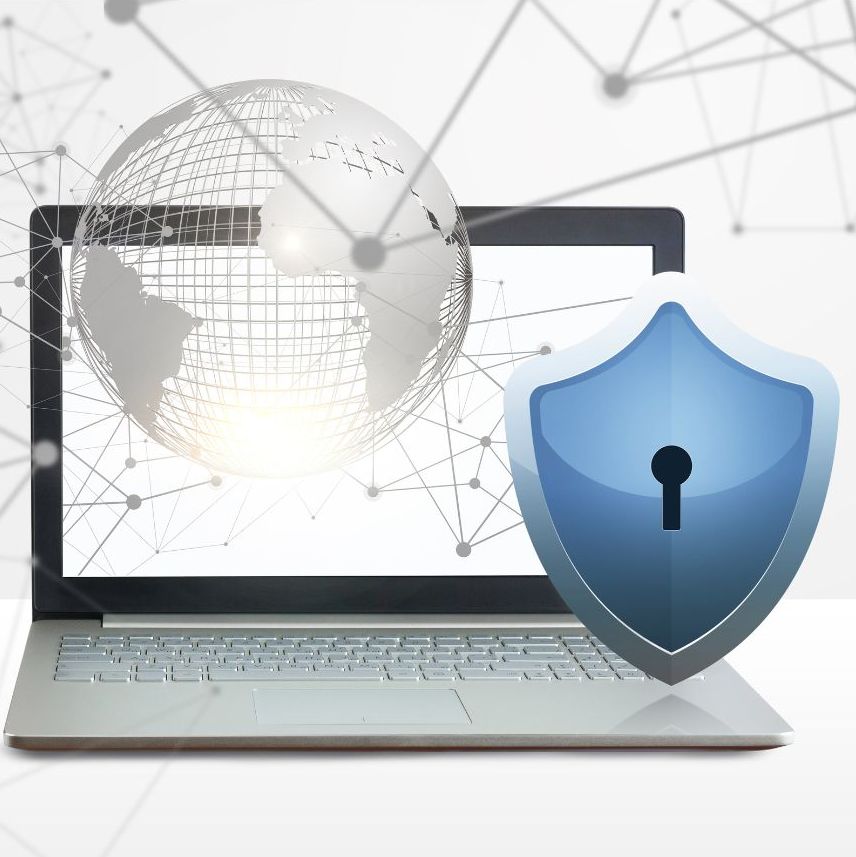What Are the Legal Obligations When Collecting Voice Data?
Turning Compliance into a Foundation for Trust
In a time defined by digital assistants, smart devices, and automated customer service, voice data has become one of the most valuable—and sensitive—forms of personal information. Whether gathered for training AI models, enhancing customer experience, or authenticating users, voice data carries inherent legal and ethical responsibilities. Understanding these responsibilities is vital for any organisation engaged in speech data collection.
This article explores the key legal obligations governing the collection and processing of voice data, focusing on five central themes: defining the legal framework, obtaining consent and ensuring transparency, implementing secure storage practices, managing cross-border data transfers, and maintaining corporate accountability.
Defining Legal Obligations
Voice data collection is governed by several major data protection frameworks around the world. The most influential are the General Data Protection Regulation (GDPR) in the European Union, South Africa’s Protection of Personal Information Act (POPIA), and the California Consumer Privacy Act (CCPA). Each establishes rules that determine how personal data—including voice recordings—may be collected, processed, and stored.
Under the GDPR, voice recordings that can identify a person qualify as personal data. When such recordings are used for biometric identification—such as through voiceprints—they are treated as “special category data,” demanding additional safeguards and explicit consent. Organisations must establish a lawful basis for processing, ensure transparency, and uphold rights such as access, rectification, and erasure. Non-compliance can result in penalties reaching millions of euros, reflecting the gravity of privacy breaches.
South Africa’s POPIA similarly classifies voice recordings as personal information and voiceprints as “special personal information.” Processing these requires a clear legal ground, such as consent or contractual necessity, and adherence to the Act’s eight minimum conditions: accountability, processing limitation, purpose specification, further processing limitation, information quality, openness, security safeguards, and data subject participation. POPIA also applies extraterritorially to organisations outside South Africa processing information within its borders.
The CCPA, and its update through the California Privacy Rights Act (CPRA), grants residents the right to know what data is collected, how it is used, and to request its deletion. Voice recordings are explicitly included as personal information. California also enforces a “two-party consent” rule for confidential communications, meaning all participants must agree to recording.
While the scope and detail of these laws differ, the shared principle is unmistakable: voice data is personal data. Organisations must handle it lawfully, transparently, and securely, ensuring it is collected only for legitimate, disclosed purposes.

Consent and Transparency
Consent and transparency are at the heart of lawful voice data collection. Because a person’s voice can reveal identity, mood, accent, and even emotional state, individuals must clearly understand how their data will be used before it is recorded.
Under the GDPR, consent must be freely given, specific, informed, and unambiguous. When voice data is used for biometric identification, it must also be explicit. POPIA requires similar standards, allowing processing of special personal information only with explicit consent or under limited exceptions. The CCPA mandates that businesses provide clear notice before collecting personal data, outlining the categories of information gathered, the purpose of collection, and whether it will be sold or shared.
Transparency involves communicating key details to the data subject in plain language. Individuals should know:
- What kind of voice data is collected and for what purpose.
- How long the recordings will be retained and how they will be deleted.
- Whether third parties will have access to the data.
- What rights they have to access, correct, or erase their recordings.
Organisations must also make consent demonstrable. They should log when and how it was obtained, store consent records securely, and offer an easy method for withdrawal. Importantly, consent for voice data collection should never be buried in lengthy terms of service—it must stand as a distinct, explicit agreement.
A transparent consent process not only fulfils legal obligations but also builds trust. Users are far more likely to engage with services when they understand how their voice data is being handled.
Data Storage and Security Measures
Once collected, voice data must be stored and secured according to the highest standards. Because it can contain uniquely identifying features, unauthorised access or leaks can have serious consequences.
Under the GDPR, Article 32 mandates that organisations implement appropriate technical and organisational measures, such as encryption, pseudonymisation, and strict access controls. POPIA requires “reasonable technical and organisational measures” to ensure data integrity and confidentiality, while the CCPA obliges businesses to employ “reasonable security procedures and practices” proportional to the sensitivity of the data.
Practical steps include encrypting recordings during transmission and at rest, using multifactor authentication for authorised staff, maintaining detailed access logs, and ensuring regular security audits. For high-risk processing—such as biometric voiceprints—data should be pseudonymised wherever possible, separating identity from the stored recording.
Data retention limits are equally critical. Under GDPR and POPIA, personal data may only be retained for as long as necessary for the purpose it was collected. Organisations must define retention schedules, enforce secure deletion once the purpose ends, and document all deletions.
Secure deletion means more than pressing “delete.” It involves overwriting files or cryptographic erasure to ensure recordings cannot be recovered. Contracts with third-party processors should specify how and when data must be destroyed after project completion.
Finally, organisations must be prepared for potential breaches. GDPR requires notification to authorities within 72 hours of discovery, while POPIA and the CCPA similarly oblige notification to regulators and affected individuals. Maintaining a clear incident-response plan is therefore not optional—it is a core compliance duty.
Cross-Border Data Transfers
In a connected world, voice data often crosses borders—whether to a cloud server, an overseas processor, or a global AI platform. These transfers introduce complex legal considerations.
Under the GDPR, personal data may only be transferred outside the European Economic Area if the recipient country provides adequate protection or if appropriate safeguards are in place. These safeguards include Standard Contractual Clauses (SCCs), Binding Corporate Rules (BCRs), or explicit consent from the data subject. For voice data—especially biometric recordings—a Data Protection Impact Assessment (DPIA) is usually required.
POPIA sets similar restrictions. South African organisations must ensure that the foreign recipient is subject to equivalent legal protection, a binding corporate rule, or a contract that imposes adequate safeguards. Alternatively, the data subject’s consent or the necessity for performance of a contract can legitimise the transfer.
Although the CCPA does not formally restrict international transfers, businesses still bear responsibility for ensuring that consumers’ rights—such as access, deletion, and correction—remain enforceable wherever their data is processed.
In practice, cross-border compliance demands meticulous mapping of data flows. Organisations should document where voice recordings are stored, processed, or transmitted, and ensure all international partners adhere to equivalent data-protection standards. Contracts must clearly outline security expectations, breach-notification duties, and deletion timelines.
When voice data traverses jurisdictions, compliance becomes a shared responsibility. A transparent, documented transfer framework not only meets legal standards but also preserves user confidence in global data-handling practices.

Corporate Accountability and Audits
Compliance does not end with consent and storage—it must be sustained through accountability and governance. Regulators increasingly expect organisations to prove compliance, not merely assert it.
Under the GDPR, accountability means that organisations must be able to demonstrate compliance through records of processing activities, policies, and impact assessments. POPIA mandates the appointment of an Information Officer responsible for ensuring adherence to its eight conditions, while the CCPA/CPRA requires policies, staff training, and verification of vendor compliance.
Regular audits are vital. They should review:
- Whether all participants have provided valid consent.
- How data flows between departments and third-party vendors.
- Whether retention and deletion policies are being followed.
- Security measures such as encryption, access controls, and incident logging.
- The accuracy of cross-border transfer records and contracts.
Staff training plays a key role in this framework. Every team involved in handling voice data—from engineers to analysts—should understand their obligations. Training should cover data-protection principles, security protocols, breach reporting, and data-subject rights. Building a culture of compliance ensures that privacy is not an afterthought but a design feature of every project.
Documentation supports accountability. Organisations should maintain detailed records of data processing, consent logs, security measures, and audits. These documents form the evidence base regulators will request during investigations.
Ultimately, corporate accountability transforms compliance from a checklist into a continuous process. It establishes trust, mitigates risk, and ensures that innovation in voice technology evolves within a responsible legal framework.
Final Thoughts on Collecting Voice Data
Collecting voice data offers immense potential for technological progress, but it also carries profound legal responsibility. By ensuring lawful collection, informed consent, secure storage, proper cross-border management, and ongoing accountability, organisations can turn compliance into a foundation for trust. When voice is treated with respect—as both a technological asset and a personal identity marker—innovation and ethics can coexist in harmony.
Resources and Links
Way With Words: Speech Collection – Way With Words provides advanced speech-collection services that adhere to international data-protection standards. Their expertise in ethically gathering and processing speech data supports industries that rely on high-quality, compliant voice datasets for AI, transcription, and analytics projects.
Wikipedia: General Data Protection Regulation (GDPR) – This article offers an overview of the European Union’s primary data-protection law, outlining its scope, principles, and requirements for organisations that handle personal or biometric data, including voice recordings.
